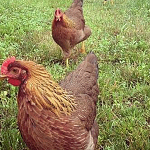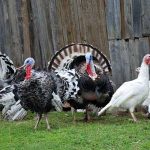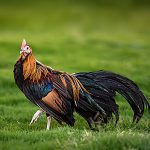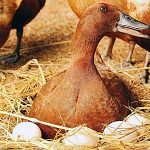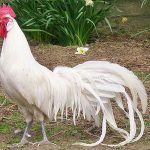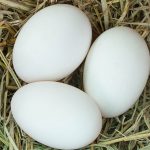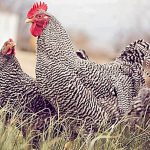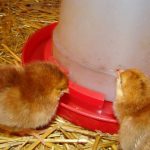
Perhaps the greatest tribute to eggs is the vast number of ways they are incorporated into recipes around the world. Many recipes call for eggs as a functional ingredient, used to perform such services as binding other ingredients together, clarifying liquids, or causing baked goods to rise. Here are 15 functional properties of eggs in […]
Continue Reading
